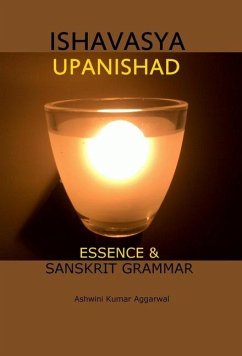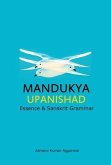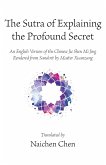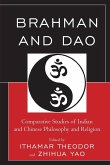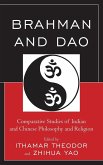Upanishads are verses from the Vedas that have been compiled as independent and complete sets. Those verses in the Vedas that amplify the greatness of man, his soul's journey, and his ultimate purpose are termed as Upanishads. Traditionally the verses in each Veda have been classified as Mantra portion or Brahmana portion. Mantra verses are action oriented. Brahmana verses are thinking oriented. Within the Brahmana portion, a further sub-classification of verses has been done, namely Brahmana-Aranyaka-Upanishad. Technically Brahmana means planning, discussion and analysis. Aranyaka means research and philosophy. Upanishad means essential thought or teaching or guiding principle. Upanishad verses are those that are found at the end. Thus aptly named Vedanta. Literal meaning ending-portion of the Veda. Spiritual connotation core-design-crux-essence. Ishavasya Upanishad constitutes the final chapter (40th adhy¿ya) of the Shukla Yajurveda from verse 1959 onwards, and survives in two recensions, named Kanva and Madhyandina. This book contains a lucid essence of these precious verses for the modern reader. It has a Sanskrit Grammar section where padachheda and anvaya with case-vibhakti of each word is clearly given. Lists Original Sanskrit Verses in Devanagari with an English Translation. Also gives Latin transliteration of verses, and Devanagari verses with Accents for proper chanting.
Hinweis: Dieser Artikel kann nur an eine deutsche Lieferadresse ausgeliefert werden.
Hinweis: Dieser Artikel kann nur an eine deutsche Lieferadresse ausgeliefert werden.

